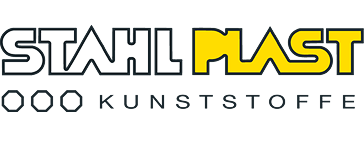PBT plastic
PBT Plastic
What is PBT?
PBT (Polybutylene Terephthalate) is an engineering thermoplastic that belongs to the polyester family. It is obtained by the polymerization of butylene terephthalate and is known for its excellent mechanical and electrical properties.
PBT Properties
PBT offers a variety of advantages that make it attractive for various applications. Some of the key properties include:
Temperature Resistance
PBT is characterized by high temperature resistance, allowing it to be used at temperatures from -50°C to 150°C. This makes it ideal for applications exposed to high thermal loads.
Chemical Resistance
PBT is resistant to many chemicals, including acids, alkalis, and solvents. This makes it ideal for use in harsh environments where aggressive chemicals are used.
Wear Resistance
PBT has high wear resistance and retains its mechanical properties even under demanding conditions. This makes it an excellent choice for applications where long life and reliability are required.
Applications of PBT
PBT is used in a variety of industries, including:
Automotive Industry
In the automotive industry, PBT is commonly used for manufacturing connectors, sensors, and other electrical components. Its high temperature and chemical resistance enable its use in challenging environments like under the hood.
Electronics Industry
Due to its electrical properties and flame retardancy, PBT is a preferred choice for enclosures and other components in the electronics industry. It is also ideal for manufacturing switches, connectors, and other electrical components that require high reliability and resistance to environmental influences.
Packaging Industry
In the packaging industry, PBT is used for manufacturing trays, containers, and other packaging materials. Its high strength, dimensional stability, and barrier properties against moisture make it an excellent choice for these applications.
PBT Variants
There are various variants of PBT that can be used depending on the requirements. Some of the main ones include:
Glass Fiber Reinforced PBT
Glass fiber reinforced PBT has higher strength, stiffness, and dimensional stability than unreinforced PBT. It is commonly used in structural applications where increased mechanical strength is required.
Impact Modified PBT
Impact modified PBT is characterized by increased impact resistance and toughness. It is commonly used in applications where high impact strength and good mechanical properties are required, such as in bumpers and housings.
PBT and the Environment
The environmental compatibility of PBT is an important factor in selecting the appropriate plastic for various applications. PBT is generally less environmentally harmful than other thermoplastics, as it releases fewer toxic substances during manufacturing and processing.
Recycling of PBT
PBT can be recycled, which leads to a reduction in environmental impact. Recycling PBT involves melting and reforming the material to reuse it for new applications. It is important to separate the material from contaminants to ensure the quality of the recycled PBT.
Summary and Conclusion
PBT is a versatile engineering thermoplastic used in many different industries due to its excellent mechanical and electrical properties. The various variants of PBT offer different properties, making it suitable for a wide range of applications. When selecting PBT as a material, its environmental compatibility and recyclability should be considered.
FAQs
1. What is PBT?
PBT is an engineering thermoplastic that belongs to the polyester family and is known for its excellent mechanical and electrical properties.
2. In which industries is PBT used?
PBT is used in the automotive industry, electronics industry, and packaging industry.
3. What properties does PBT have?
PBT is characterized by high temperature resistance, chemical resistance, and wear resistance.
4. What are the main variants of PBT?
The main variants of PBT are glass fiber reinforced PBT and impact modified PBT, each offering different mechanical properties.
5. Is PBT environmentally friendly and recyclable?
PBT is generally less environmentally harmful than other thermoplastics and can be recycled to reduce environmental impact.

Söhnke Hancke
Graduate economist

